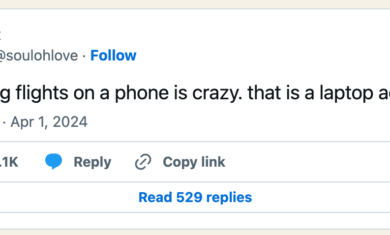There are two topics that I hear come up repeatedly with groups trying to stop them, but I think it’s too late for both.
First you have facial recognition technology, which privacy advocates are trying to stop. It’s a noble cause, for sure, but it’s likely to impossible to stop at this point. There are cameras everywhere, and software to recognize faces is only getting better. Even if you officially stop public cameras from using that technology, you can’t stop everyone else.
On the flip side, you have legislators continually trying to stop encryption, or at least for companies to leave a “magic” back door in there in case they need it. I can appreciate why they want that to happen, but it’s even a bigger challenge than my previous paragraph. There are always going to be increasingly effective private communication channels, and even if laws are passed to allow backdoors to be put in things like iMessage or Facebook Messenger, anyone needing privacy (including people like terrorists) can easily go elsewhere.
So what to do about those? It’s hard to say. We’re quickly heading toward a world where you can’t be anonymous in public, but people can chat on completely private channels if they want. Those fights are over.
Both have major downsides, but we need to accept them as facts. Rather than coming up with silly laws to try to stop either of those technologies, we need to focus our efforts on what happens next and how best to be prepared for it.





The encryption one kills me every time I see it. “We want to ensure that privacy is paramount and the our data is encryption. But we also want you to leave a well marked, easy to find ‘back door’ for use to peek into when we need to.”
You can’t have both.
Exactly. It’d be cool if you could magically do both (as Techdirt often says, “nerd harder”), but you can’t. It’s over.
That being said, I suspect we’ll see some new legislation in the next few years that keep trying to push that line, but eventually they’ll give up.